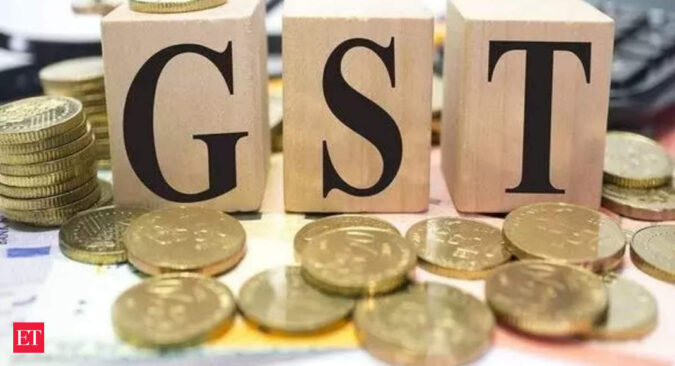Finance minister Nirmala Sitharaman is expected to move around 60 changes to the Finance Bill, 2023 when it is taken up for passage in the Lok Sabha. These will include clarifications and also measures to take the sting out of some of the tax proposals announced in the budget.
The budget process is expected to be completed on Friday with the reply to the finance bill.
Amendments relate to infrastructure investment trusts and the constitution of goods and services tax (GST) tribunal under the Central GST Act, according to people privy to the amendments.
The budget has proposed to tax the gains from distribution by way of redemption of units by business trusts like Real Estate Investment Trust (REIT) and Infrastructure Investment Trust (InVIT) at the marginal rate of tax for the investors with effect from April 1, 2024.
The move was seen as hitting InvITs, which are the mainstay of the government’s asset monetisation programme in some sectors such as roads.
As per the proposed changes, these could be taxed as capital gains at a lower rate.The government could also offer some relief to individual taxpayers if their income exceeds the exemption limit of ₹7 Lakh to up to ₹7.27 lakh per annum.
The Finance Bill 2023 introduced special provisions for computing capital gains in case of transfer of a market-linked debenture and the government is likely to extend this provision to specified mutual funds, which invest up to 35% of proceeds in equity shares of domestic companies.
Under the proposal, the gain from the investment in market-linked debentures, after reducing the cost of acquisition and related expenditure incurred, will be treated as capital gains arising from the transfer of a short-term capital asset.
This measure will take effect from April 1, 2024.
The budget has announced several tax incentives to an International Financial Services Centre.
The government is likely to propose concessional withholding tax rate of 9%, against 20%, on interest payments on overseas long-term bonds or rupee-denominated bonds.
